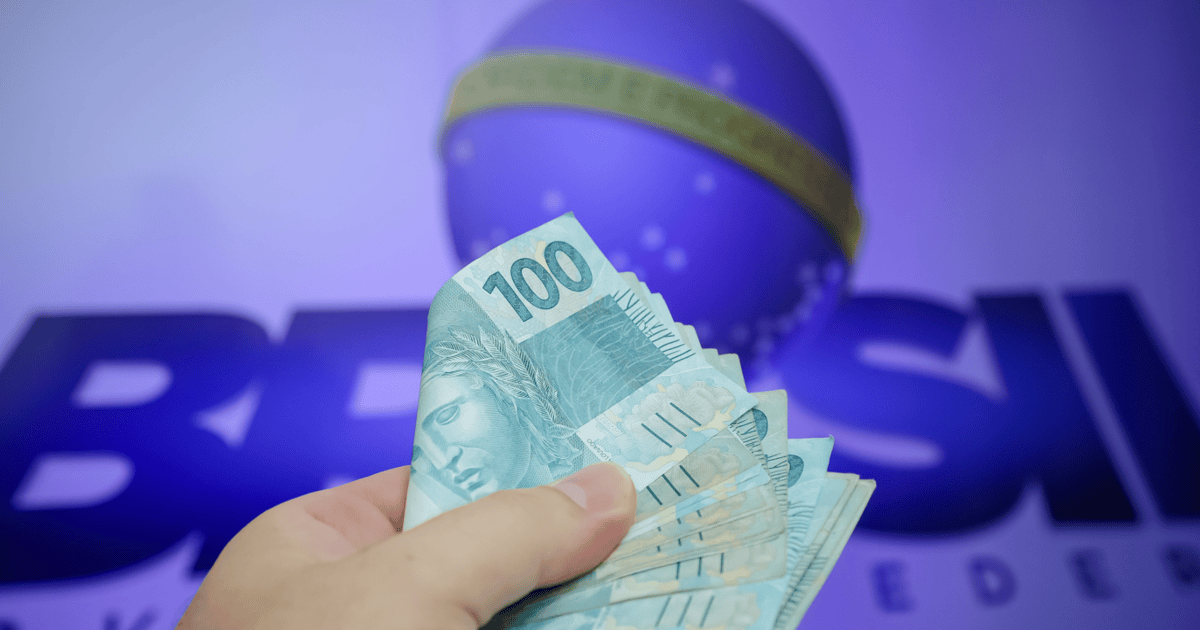The father of the sports betting market is the United Kingdom. In fact, while a monetization process is being experienced in the United States through marketing, rights and advertising, in the islands that area is being reorganized. Everything revolves around the link of credibility and crystallinity that must exist between the companies that support the product, bets and consumers. In each case, all the elements are necessary for the growth of a business unit. However, in convergence, everyone should work well in addition.
THE EXAMPLE OF THE FA CUP
The FA Cup is a sacred tournament in England. Established in 1871, it’s the oldest existing soccer competition in the world, and is open to the top ten tiers of English and Welsh soccer. The Third Round Weekend is particularly revered. This is the stage at which Premier League teams enter the competition, which can occasionally throw up matches between amateur clubs dwelling in the lowest echelons and some of the most elite teams in the world.
In 2017, the FA had agreed to a six-year deal with IMG which allowed the broadcasting rights to be sold to bookmakers from the start of the 2018/19 season. The agreement is not due to finish until the end of the 2023/24 campaign. Bet365, the giant gambling company owned by the Coates family, who also own Stoke City Football Club, has the rights as part of the deal, along with Betfair, William Hill, Coral, Ladbrokes, Unibet and Paddy Power. The FA does not sell the rights to these companies directly; it has sold global betting rights on the FA Cup to the marketing company IMG for a reported $4m (£3.1m) a year and IMG sells the packages on. In addition to the seven companies that have bought the rights to show the matches in the UK, IMG has sold similar streaming rights to other betting sites internationally.
The process has a contradiction. Back in July 2017, the FA confirmed that it would cut all ties with betting companies after ending its commercial deal with Ladbrokes. The IMG intervention made the sponsorship again have a link with sports betting companies. The sporting body has since confirmed that it is unable to terminate the agreement which permits coverage on the Bet365 site due to the long-term nature of the deal.
The participation of a sports betting company in advertising is not incorrect. The analysis focuses on how bookmakers exploit rights and what is care for consumers. The report found that coverage of 23 of the 32 FA Cup third-round ties that took place the first weekend of January were accessible via the bet365 website on the conditions that customers staked a bet or signed up for a new account with a £ 5 deposit. An FA spokesperson said: “The seriousness of sports betting companies involved with FA is proven for so many years in the market. Either way, we will review this element of the media rights sales process ahead of tendering rights to the new cycle from the 2024/25 season onwards. Leagues and clubs continue to govern their own relationships with gambling companies. It’s about analyzing, drawing conclusions and improving. »
The state response was disapproval. «We’re very angry as a government with this arrangement, especially on a weekend when the FA very worthily had the Heads Up mental health campaign,» said sports minister Nigel Adams – speaking on behalf of the Secretary of State for Digital, Media, Culture and Sport
«We have asked the FA to look at this current deal, see what opportunities there are to rescind this particular element of the deal, and I will be meeting with the FA. It’s absolutely right that the FA and all sporting bodies who have links with sponsors across all sectors need to be very mindful of impact that such deals have on vulnerable people. »
THE STRENGTH OF THE DATA
In the United States, since mid-2019 the debate on intellectual property and the rights of franchises and associations in sports betting has deepened. The story began in 2018, when the US Supreme Court lifted the ban on the organization of sports betting. And professional sports leagues (NBA and MLB) spoke in favor of the introduction of the integrity fee – 1% of the total bet amount placed within the specified leagues.
Since then there are two very clear positions that to date cannot reach an agreement. On the one hand, Authors of the initiative stated that they had the intellectual property right for the sports statistics. Consequently, they wanted to receive the license fee for the use of statistics by betting houses. At the other extreme, experts state that professional leagues lack fundamental intellectual property rights for statistical data. They have copyrights to their content, logos, names, etc. But bookmakers do not use such intellectual property subject matter for the organization of sports betting. To conduct their activities, they use statistics only, which is based on game results. And there one of the most important points whatever the scenario: the data.
Nothing is more valuable than information, whether for the consumer or for the growth of operators. The greater the number of tools, the greater the precision to make decisions and, therefore, the better the quality of the service. For anyone who wants to understand how the tripartite relationship between major sports leagues, sports betting data providers and their trading partners will develop, Europe offers an interesting contrast in the comparison.
For the number of years spent, the United States and Europe are in different instances when making decisions about the regulation of certain aspects. In the US, the provision of official league data has emerged as one of the most sensitive topics in the debates surrounding the further regulation of sports betting. In Europe there was and will be many debates, but with the data, a key difference with the US is the backdrop of the EU database rights. In an ecosystem where IP rights only apply to a database that has been created and crucially not the data itself, the database right provides the framework within which all the data providers operate.
The EU database right has provided the platform for the evolution in Europe of in-play betting with the availability of the data at relatively low price point fostering innovation at a product level. The database right applies whether the data is collected under the auspices of an official league data deal or via open source means. There is also the possibility of giving consumers both ways of information. That quality and quantity allows the most important suppliers to make a difference with the competitors.




















